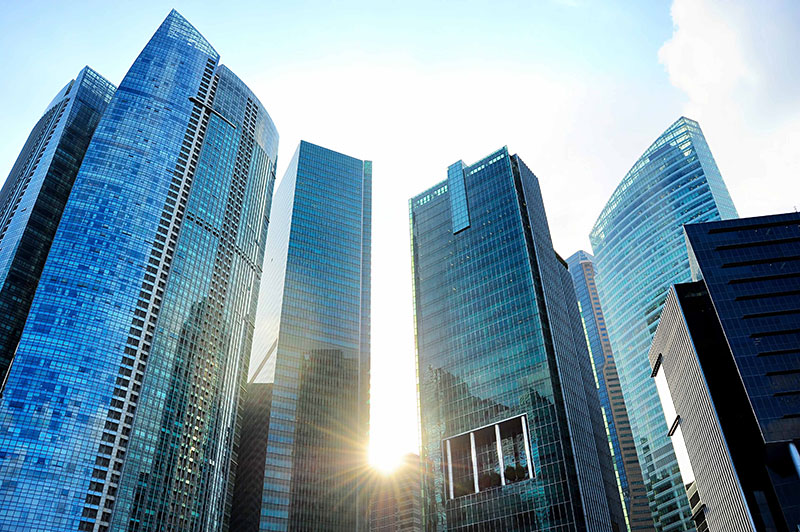Expectations about the performance of the Ecuadorian economy, for the remainder of 2022, have been diluted by factors such as lack of confidence in economic policy and corruption.
The business climate in Ecuador continues to deteriorate, according to the latest report of the Economic Climate Index (ICE) from the Brazilian center for economic studies of the prestigious Getulio Vargas Foundation (FGV).
The indicator went from 93.7 points in the first quarter of 2022 to 72.1 points in the second quarter—it fell 21.6 points.
The fall relates to two factors. The first is the uneasiness in the face of the current political, economic and social situation in the country. And the second, to the negative expectations for the remaining months in 2022, says the report.
This is evidenced by the drop in the Current Situation (ISA) and Expectations (IE) indicators, by 9.1 points and 36.4 points, respectively.
In an unfavorable business climate, so-called external shocks also affect a country’s business climate, in other words, negative events that occur outside of Ecuador, can affect the country’s situation.
For this reason, what Ecuador is experiencing is not isolated, explains Fidel Jaramillo, a professor at the University of the Americas and a former official of the Inter-American Development Bank (IDB).
The business environment in other Latin American countries has also deteriorated due to the gloomy global economic outlook.
Inflation in the United States and the new lockdowns in China, to curb the spread of Covid-19, have contributed to this scenario.
Instability and investment
Expectations about the performance of the Ecuadorian economy in the remainder of 2022 are characterized by uncertainty associated with factors such as:
- Lack of confidence in the country’s economic policy.
- Greater social inequality, due to the deterioration of the labor market and the loss of purchasing power of households, due to inflation.
- Corruption. Ecuador loses nearly $1.5 billion per year due to fraudulent public purchases.
The markets have less confidence in Ecuador’s economic policy due to the Government’s limited ability to generate structural reforms, as it does not have a majority in the Assembly. An example of this was the blockade by the Legislative of the Law for the Attraction of Investments.
Added to this is Russia’s invasion of Ukraine, which has important consequences for the Ecuadorian economy. One of the collateral damages of the war is the increase in the prices of fertilizers and vegetable oils that Ecuador imports. Russia and Ukraine are the main suppliers of these products.
Another consequence is the loss of market for 4.5% of Ecuador’s exports, which were destined for the Eurasian zone.
All the factors mentioned deepened social discontent in Ecuador, leading to an internal clash: a national strike that broke out on June 13th and lasted 18 days.
After the demonstrations, which generated losses of $1.0 billion to the economy, the country was immersed in deep political and social instability, which delays or drives away the arrival of investors.
Ecuador’s challenges
The limited capacity of Ecuador to attract investment, due to its environment, is evidenced in the latest study by the Inter-American Development Bank (IDB) and The Economist, published on July 13th.
The report analyzes the capacity of Latin American countries to attract private investment through Public Private Partnerships (PPPs).
Ecuador obtained a rating of 48.7 out of 100, which makes it ‘emerging,’ says the report.
The reason for the low rating is that it faces important challenges, especially related to its institutional policies, says the document. For example, the cancelled Investment Law addressed changes to improve the mechanisms and regulation of PPPs.
Even so, Fidel Jaramillo believes that the lack of a reform should not be an obstacle to attracting investment and boosting the economy.
“The State is in crisis and the private sector has little work. The alliances between the two parties will allow the development of projects to rehabilitate the road network and improve the conditions of water supply and sanitation,” says Jaramillo.
In an effort to improve the investment environment in recent years, Ecuador has enacted new legislation and signed several international agreements, says the IDB.
“In 2020, the publication of Decree 1190 marked an important step for PPPs, by establishing processes for each phase of the project and outlining the responsibilities of all the actors involved in the process,” says the IDB.


BS